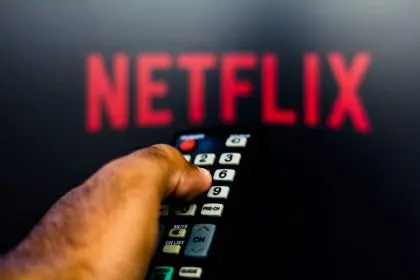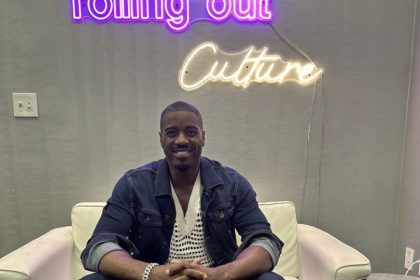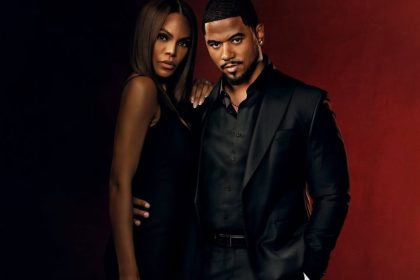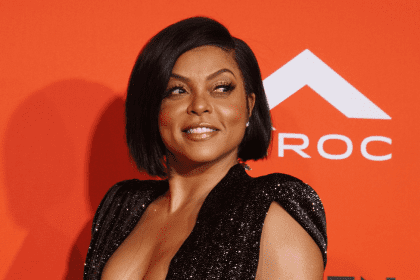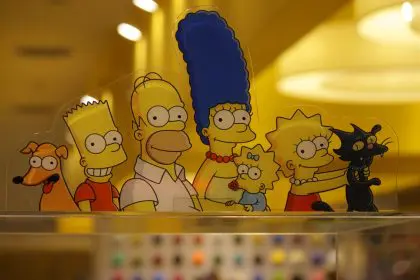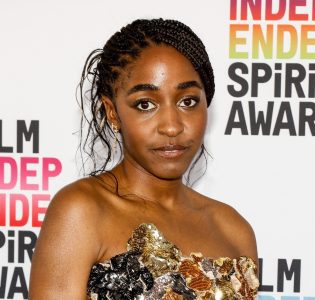
Luke Cage is a superhero, he is Black and hip-hop. Netflix’s new series is the latest binge-worthy show the streaming service has offered up to the masses. Luke Cage was created by Archie Goodwin, John Romita Sr and George Tuska and is published by Marvel Comics.
A portrait of a crown wearing Biggie stares ominously in the background as the story unfolds. Each season is named with a title of a song from the legendary group Gang Starr. The score is by Ali Shaheed Muhammad from A Tribe Called Quest. WuTang’s “Bring the Ruckus” plays in the background as Luke Cage follows the instructions of the song.
The birth of Luke Cage and the birth of hip-hop happened almost simultaneously. The first issue of the comic appeared in 1972. Although hip-hop does not have a cemented date of birth it is common knowledge that it was born in the 1970s in the ghettos of New York City. The marriage of Luke Cage and hip-hop makes sense. They grow together in sensibility with the world’s issues at the center of the show. The overarching theme of the series is the unlimited power of the Black man. This is a theme that was skewed with the advent of blaxploitation films that portrayed criminals in Black skin as heroes of the community, as they peddled drugs, guns and women.
Cage represents the opposite of this and uses his strength to turn the page on the perception of who he is and who the Black man can be. A few well-placed lyrics and cameos strengthen the authenticity of this narrative. One of these cameos (no spoiler) says, “There is something powerful about a Black man being bulletproof and unafraid.”
In 2016 as a Black man it would be amazing to be bulletproof considering we are being shot down with no mercy or consequence. The real superpower is developed when we realize this inner strength and move without fear. How will this Black superhero impact the masses? I’m not really sure, but it’s good to have the representation. One thing I do know for sure is that “Luke Cage” is hip-hop and that’s dope.



